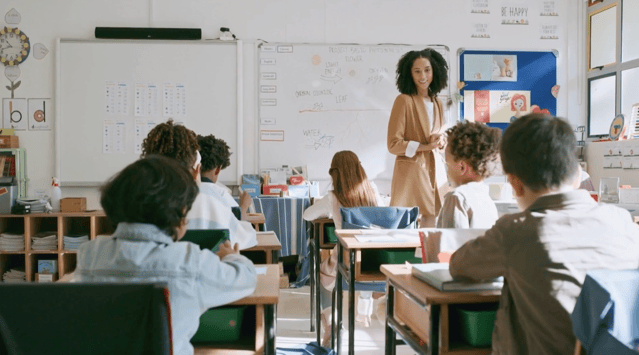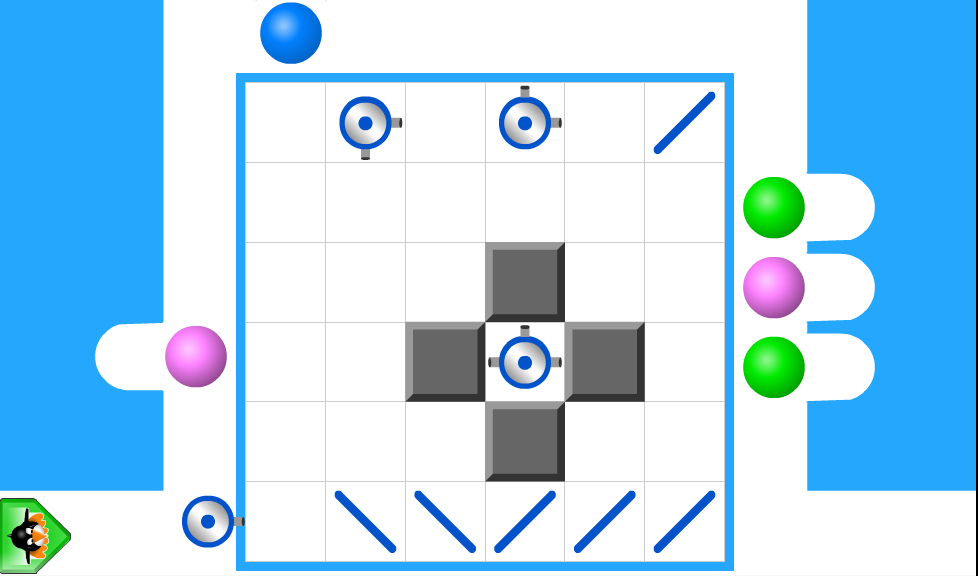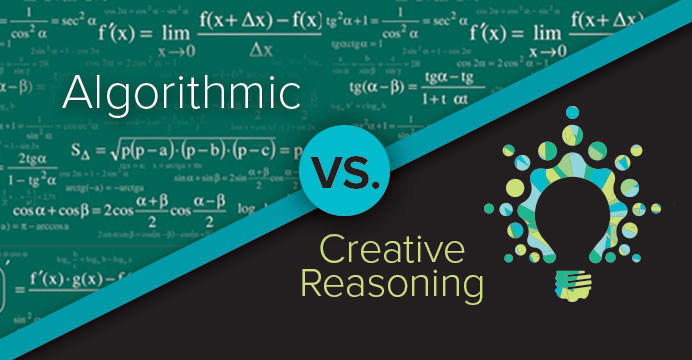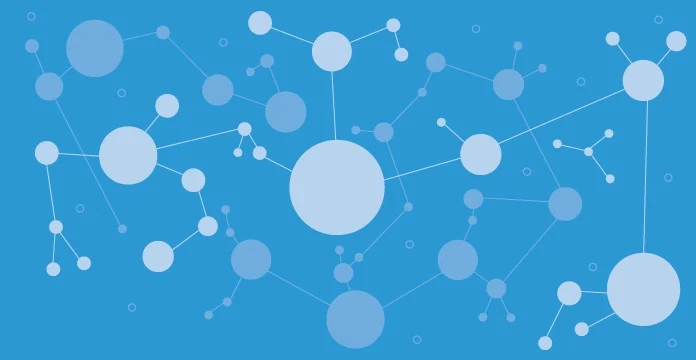I’ve always been a math enthusiast—captivated by puzzles and the thrill of solving them. Strange as it may seem, despite my love for math, I had a strong aversion towards math classes in school. The rote methods drained the joy out of learning for me, turning it into a dull chore rather than an exciting exploration.

Fast forward to today, and my journey has taken an exciting turn. I find myself amidst a vibrant team of designers, artists, and mathematicians, all united by a singular mission: to revolutionize the way students learn math and make educational experiences not just impactful but genuinely engaging. One of our key areas of exploration is a powerful concept—Mathematical Discourse.
The Renaissance of Math Talk
Picture a mathematics classroom in the early 1900s: rows of students, heads bent over practice problems, a teacher at the chalkboard presiding over a silent room. Today, we see a lively shift in math education—a vibrant, discussion-based learning environment that veers away from silent calculation and toward mathematical discourse. But what exactly is mathematical discourse, and how does it transform the way students learn math?

Mathematical discourse has become a pivotal tool in deepening students’ understanding of mathematical concepts. The dialogue around math, or “math talk”, has undergone a transformation over the past couple of decades, fueled by a considerable body of research. Additionally, listening to others offers different strategies and perspectives, enriching the cognitive landscape in the classroom.
Engaging in math discourse can help students develop a variety of important skills, such as:
- Deep conceptual understanding, which enhances learners’ understanding of math concepts beyond rote memorization.
- Clarity of thinking, as articulating one’s reasoning and problem-solving strategies requires a clear and organized thought process.
- Math discourse also fosters the development of mathematical language, enabling learners to comfortably communicate complex ideas. This shared language is crucial for bridging gaps in knowledge and building upon existing concepts.
- Additionally, by exposing learners to a variety of problem-solving approaches, math discourse encourages the development of different strategies, enriching their analytical toolkit and critical thinking skills.
Math class shouldn’t be about right and wrong answers. It should about facilitating conversations that lead to multiple pathways of problem-solving and foster a deeper conceptual understanding of math.
Crafting Meaningful Math Experiences
Central to fostering meaningful discourse is presenting problems that captivate the learners’ interest. Think of it like a book club, where the richness of the discussion is directly proportional to the engaging nature of the book being discussed. Similarly, in math, the task at hand must not only be engaging but also accessible. This emphasizes the importance of visuals in presenting problems—an approach that allows immediate comprehension and invites open, meaningful discussions.
The Power of Visuals and Game-Based Learning
A visual learning approach can be a tool for understanding, as well as a medium that enhances engagement. The immediacy with which a picture conveys information creates a deeper, more nuanced understanding than words alone could achieve. Incorporating game-based learning elevates this further, transforming abstract math concepts into visual, interactive scenarios that beckon students to problem-solve in real-time. This not only makes learning more enjoyable but significantly lowers the barriers to engaging in mathematical discourse.
Beyond Right and Wrong Answers: Cultivating a Culture of Discourse
Transitioning to a classroom culture where math discourse is the norm rather than the exception is a process. It involves equipping educators with the right tools and strategies, such as MIND’s Puzzle Talks, to facilitate discussions. Encouraging students to share their observations and wonderings in a no-pressure environment fosters a positive math culture, free from the anxiety that often plague math classrooms.
Encouraging a dialogue-rich classroom doesn’t happen overnight, especially in math where silence can be the norm. Math discourse not only enhances problem-solving skills but also builds a community of learners.

Leveraging Technology in Math Discourse
The use of technology can also transcend traditional boundaries, creating immersive and interactive scenarios that engage all students. When it comes to teaching elementary school students, interactive math games have emerged as champions of engagement. These games punctuate abstract math principles with excitement and challenge, pushing students to think, discuss, and strategize. Moreover, the integration of play in learning invites participation, collaboration, and, crucially, enjoyment.
Interactive methods like these recognize the importance of sharing strategies and inspire both students and instructors to think outside the box. The process doesn’t stop at fostering competency—it celebrates creative thought.
Towards a Future of Problem-Solvers
Encouraging math discourse extends beyond the classroom. It’s about nurturing a generation of problem-solvers equipped to tackle the many challenges our society faces. As our world increasingly values collaboration, instilling a mindset that views math as a collaborative problem-solving endeavor prepares students not just for their personal futures, but for the future of our global community.
Transitioning from the traditional, procedural teaching to a discourse-based model therefore symbolizes a broader cultural shift in education. It’s about preparing problem-solvers for a collaborative and dynamic professional world. Mathematical discourse isn’t just a pedagogy; it’s a preparation for real-world challenges, turning today’s students into tomorrow’s innovative problem-solvers.
In embracing mathematical discourse, we’re not just changing the way math is taught; we’re shaping the problem-solvers of tomorrow, ready to build a better world.
Looking for a new approach to math education that fosters deep understanding and critical thinking, and creates inclusive, engaging learning environments? Discover how MIND’s revolutionary approach to math learning can prepare your students for the challenges of tomorrow.



